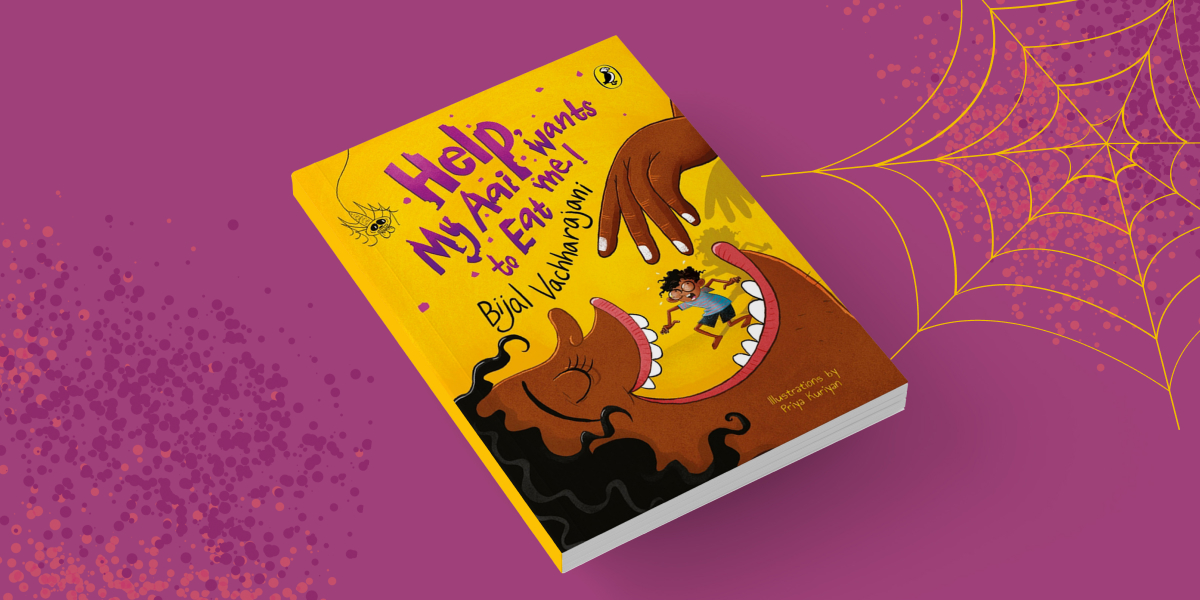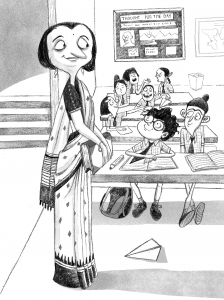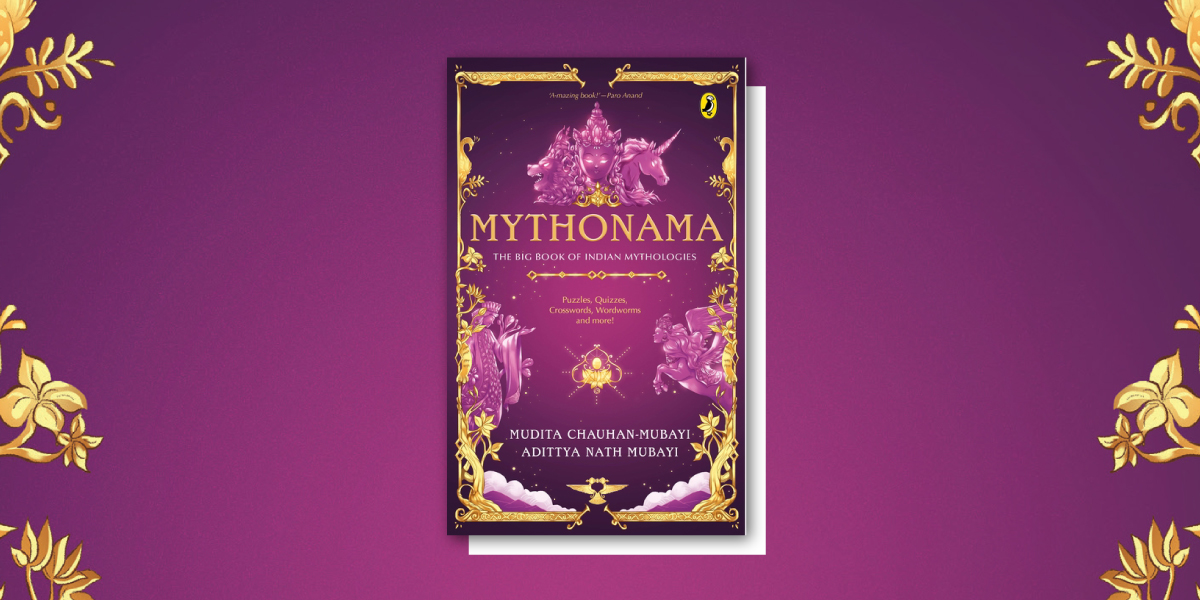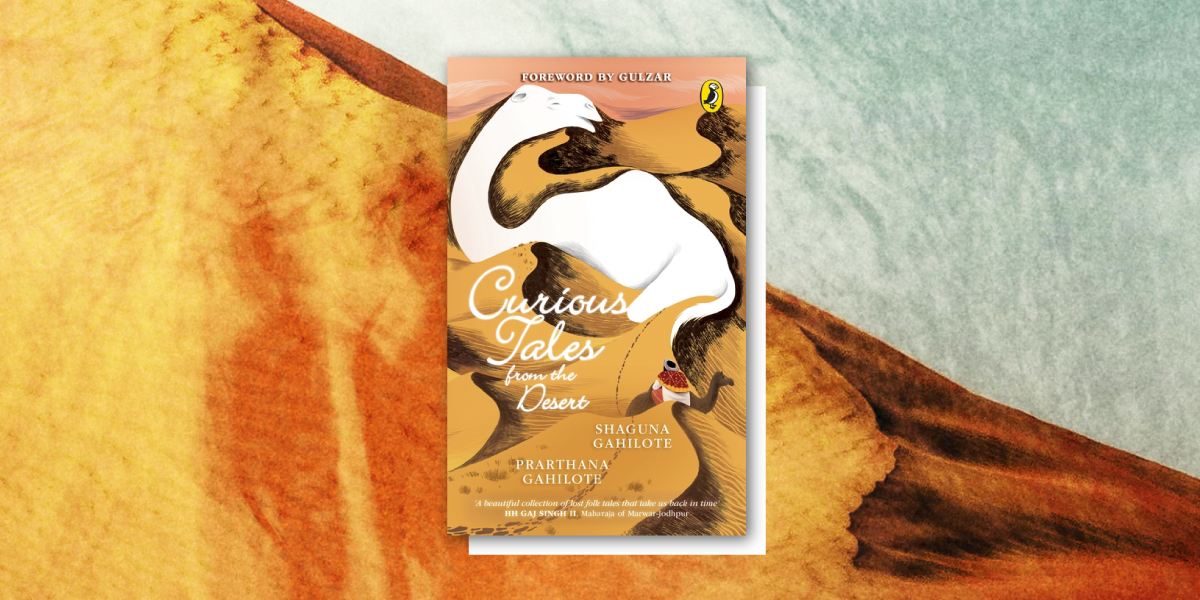Deserts hold so many stories inside of them and the Gahilote sisters (Prarthana and Shaguna) decided to bring folk tales from the dunes of Rajasthan, Gujarat, Multan and Sindh to you in the form of this beautiful book, Curious Tales from the Desert.
Here is an exclusive excerpt, a thrilling story from the book for you to read and enjoy!
Four Friends and a Thief
Rajasthan
A little after Lala Gulab Bagri shut his shop in the main market, Badru came running after him. ‘Lalaji, Lalaji, please stop,’ said Badru between quick laboured breaths.
Surprised to see his assistant chasing him, Lalaji stopped. Badru was panting as he had run after Lalaji from the far end of the market. Tonight was the first time in years that Badru had asked Lalaji permission to leave the shop before it was shut for the day. Usually, Lalaji left for home late in the evening while Badru stayed on to wind up the day’s affairs. Today, Badru had to meet a relative passing by, an old uncle who had finally retired as a soldier from the army and was going back to his native place to spend his old years resting.
‘What are you doing here?’ a bewildered Lalaji asked.
‘I have the most devastating news. I had to share it with you, so I came running,’ blurted Badru.
‘Is your uncle all right?’ inquired Lalaji, fearing the old man may have had an episode given the long travel from the city to the village.
‘Oh, yes. He’s fine. It’s something about us that I had to share with you,’ pressed Badru.
Looking at Badru’s ashen face, Lalaji could tell that Badru’s cause for worry was Lalaji’s safety and fortunes. Badru had started working with Lalaji in the prime of his youth and had been dedicated and loyal to him since. The morning he came to him seeking work was a quarter of a century ago. The market in Lalaji’s village, Amli Ka Khera, a little more than three hours away from Chittorgarh, was then just a cluster of huts. It neither had permanent structures nor enough customers to attend to. Lalaji’s ancestors were traditional thewa jewellery makers. Over the years, their exquisite designs of thewa jewellery involving merging intricately worked sheet gold on molten glass had found a large clientele not just in Amli Ka Khera but even beyond Chittorgarh district and Rajasthan. As Lalaji’s business grew, so did his coffers. Besides his jewellery business, Lalaji’s wealth came from ancestral landholdings and moneylending, which he did at high interest rates.
‘They have arrived. I just heard a group of travellers discuss their arrival with the daroga sahib,’ Badru said.
‘Whose arrival?’ asked Lalaji, a tad irritated.
Badru lowered his voice, almost whispering now, ‘Arre, theyare here. Our biggest worry. Don’t you remember?’ Badru insisted.
By now, Lalaji had lost his cool. With a long day at work behind him, he was in no mood for guessing games. He raised his walking stick to hit Badru and thundered,
‘You play games with me and I will hit you. Tell me clearly who you are talking about.’
Badru closed his eyes and screamed, ‘The thieves, the thieves!’
‘Thieves? The same thieves,’ Lala Gulab Bagri squealed as Badru nodded frantically.
Suddenly, Lalaji understood why Badru had come running to him. Badru knew what no one else in the village did. Lalaji had wound up important deals during the course of the week and had collected a large sum of money and gold. He was supposed to leave for Chittorgarh the next day and would be keeping all of his collection at home in the night. Despite his riches, Lalaji had always kept a low profile with no guards or full-time assistants working for him at home. His modest dwelling housed him and his wife, Fullara, while his two sons, Neth Ram and Dhuni Ram, lived in Chittorgarh managing the retail shops there.
For the last few days, villagers in Amli Ka Khera had had restless nights over the news of a group of thieves operating in nearby areas. The thieves were known to be extremely skilled, shrewd and showed no mercy or fear when robbing. Tales of the robberies they had carried out in wealthy homes in adjoining villages had filled their hearts with trepidation and several well-to-do businessmen had petitioned the local police to increase the security drills in their area. Everyone knew it was only a matter of time before the robbers would come to their village and target their homes.
Today, Badru had heard the local daroga talk to travellers about how they had received reports about one of the robbers being seen at a tea shop on the outskirts of the village in the wee hours. The travellers suspected the thieves would target Amli Ka Khera that night and were checking with the daroga if it was safe to stay the night in the village. Badru had overheard the conversation and found it urgent enough to share it with his employer right then.
Lalaji listened to Badru and signalled for him to keep quiet. He didn’t want Badru to reveal anything about his latest financial acquisitions. Badru got the hint and so, he asked Lalaji, ‘Would you want me to stay with you at the house tonight?’
‘Of course, and get everyone suspicious about the goings-on in the house. Right?’ Lalaji said sarcastically.
He told Badru to go home and not talk to anyone about the thieves. He wanted Badru to behave normally to avoid drawing any undue attention to him or his house. At home, every evening by sundown, Fullara would keep a bucket of warm water ready for Lalaji’s bath. Once Lalaji walked into the central courtyard of the house, she would brew tea, add a generous amount of milk and sugar to it and set it out with some snacks and hookah in the veranda. The husband and wife would then sit together and tell each other the details of their day. Lalaji liked telling Fullara about all the customers he had met at the shop. She had the uncanny sense to sieve the good from the bad and Lalaji had often benefited from her inputs, especially when it came to borrowers of money. Fullara had not been formally educated but knew enough about business from experience. It was wisdom borne out of this experience that Lalaji counted on.As night drew close, Lalaji told Fullara about the possibility of thieves being in the village. Fullara was alarmed, considering Lalaji had handed her a big bag of money and gold ornaments when he got back from the shop. She had hidden the bag in the attic in the kitchen with other containers filled with grains, but wasn’t sure if it was a good enough hiding place.
‘What will we do if the robbers come here?’ she asked Lalaji.
‘Don’t bring bad omens home. Don’t talk about a robbery at our place,’ Lalaji responded in anger.
Fullara bit her tongue and started cleaning up the kitchen, the last job she did before sleeping. While Fullara worked inside, Lalaji would step out to go to the paan shop across his house. This was a daily ritual. Lalaji did not sleep without eating a juicy paan, which also worked as an excuse to meet his old friends and neighbours of several years, Eesa, Khameesa, Kaazi and Mullah. At the paan shop, Lalaji’s friends would talk about various things. Together, they discussed politics, business, family problems and more importantly, the goings-on in Amli Ka Khera. Tonight was an important night. Lalaji wanted to speak to his friends about the heightened fear of the robbers, who were now possibly closer than before. To his surprise, his friends had heard the same and wanted to hash over what they would do in case of an emergency.
The promises from the police department were yet to be fulfilled, and many like Lalaji and his friends were gathering groups to defend themselves in case the robbers struck them. ‘So it’s a deal. If anyone of us is in trouble, the others will rush to help him. Stay alert,’ said Eesa. ‘Call out loud so that you can be heard,’ added Khameesa.
‘And keep your sticks and rods ready at hand so that you can grab them as you run out to help,’ Kaazi was prompt to assert.
Lalaji had told his friends that he was due to travel to Chittorgarh the next morning and would only return after two days. He was tense that his wife would be in danger in case the robbers broke into his house in his absence.Mullah sensed his panic and reassured him, ‘Don’t worry, Lala. We will all sleep lightly. If bhabhi saagrees, one of us could also sleep as a guard in the courtyard outside your house when you are away. We won’t let any harm come her way.’Comforted by the promises of his friends, Lalaji got back home to find Fullara packing his bag for his journey.When Lalaji and Fullara retired for the day, he started updating Fullara on his conversation with Eesa, Khameesa, Kaazi and Mullah.
‘I had a long chat with them. It has been agreed that when I leave for Chittorgarh tomorrow, one of them will sleep outside in the courtyard to protect you.’
‘Oh, who knows if that would be needed. I am good enough to defend myself,’ Fullara protested.
‘But what if the robbers are armed and large in number? What will you do?’ urged Lalaji.
‘God will protect me. I’ll think of something, don’t worry. You sleep well and travel safely tomorrow morning without a worry.’
A few hours after the husband and wife had fallen asleep, a deep pounding woke Fullara up. For a minute, she thought she was imagining things. She lay still and quiet in her bed, listening hard. There was a distinct thump. Fullara held her breath and looked at Lalaji from the corner of her eyes. Lalaji lay right next to her deep in sleep. Fullara wanted to nudge him awake, but was afraid he might be startled and make a noise while waking up. Fullara couldn’t exactly place the origin of the sound, but thought it was close. She had to quickly think of ways of stirring Lalaji and even alerting their friends in the neighbourhood. Fullara trained her ears and was certain that someone was raining blows on the wall of the adjoining room.
Suddenly, Fullara started talking aloud. ‘Oh, Lalaji. How am I supposed to do this? How do I keep all these children engaged?’ she said. ‘This is not fair. Here I am all by myself and so many children to look after. You have to help me,’ she added, this time raising her voice a little.
Adding soon after, ‘Lalaji, if you don’t agree to assist me, I am telling you I will go out and dump these children outside the house.’ By now, Fullara’s voice was loud enough to be heard beyond the courtyard and outside. The sound of the loud blows stopped as though someone was trying to listen in. Fullara heard a scuffle outside as Lalaji began to turn and get up. He looked puzzled and kept staring at Fullara. She pressed her finger to her lips and asked him to keep quiet. Outside, she could hear whispers. Like two men were talking to each other. Fullara couldn’t tell one voice from another, but she heard someone say, ‘Looks like someone inside the house is awake.’ Fullara could tell her loud conversation with herself had alerted the robbers outside. She felt encouraged to carry on.
Maybe they’ll run away, she thought. Looking at Lalaji, she pointed towards the outside wall and asked him to listen. Slowly, the pounding on the wall began again. This time, Lalaji could hear it too. He was wide awake. Fullara started waving her hands frantically. Telling Lalaji to play-act with her. At first, Lalaji was confused, but when Fullara started talking, he understood.‘Tell me, will you help me? Look at these four babies creating a ruckus. See, see how Eesa just jumped on the bed, and Khameesa dropped the flower vase,’ Fullara said louder this time. Almost like she wanted the robbers to hear. And they did. The blows on the wall stopped again. Those outside were listening in. The minute Fullara talked about Eesa jumping on the bed, someone outside remarked, ‘Seems like she’s dreaming. I know they don’t have small children in the house.’
‘What if they do and you don’t know?’ asked another voice.
‘I have checked. There are no children in the house. Besides, this woman is talking about children doing things right now. Did you even hear a sound of that?’ pronounced another.
Convinced with that argument, one man with a deep voice said, ‘Let’s carry on breaking the wall. There’s just very little to go. I am already inside. Once we are done with these last few bricks, all of you will be inside.’ Fullara and Lalaji froze when they heard that. One robber was inside already while the others were just a few bricks away! Lalaji started to get up from the bed to go to the room where the robbers were, but Fullara held his hand. The robbers were known to be merciless and Fullara did not want Lalaji to confront them on his own. Lalaji stepped back and let out in exasperation, ‘What are you saying, Fullara? What do you want me to do?’ Lalaji could tell Fullara was feeling just as helpless as he was at the moment. While their friends living close by had been alerted in the evening, the danger was too close at hand to risk shouting out to them to help. What if the robber inside the house had a weapon and attacked them? What if the remaining bricks were easy to remove and all the thieves broke into the house all at once if they heard the couple screaming for help.Even as Lalaji thought hard about what should be done, Fullara continued talking. She said, ‘Lalaji, you listen to me. You look at our four grandchildren here, they are a handful. I can’t deal with Eesa, Khameesa, Kaazi and Mullah on my own. So, I am going to device a hide-and-seek game for them where the children will play the police while you will play the thief.’
Lalaji wasn’t amused. He thought Fullara was actually out of her mind to be thinking of games and imaginary grandchildren right now but didn’t bother to shake her out of it. The thieves too didn’t think much of Fullara’s banter and went about breaking what was left of the wall.With every new thump, Lala Gulab Bagri’s heart sank a little more. ‘So when you hide and the children go looking for you, I will be helping them by looking for you in the house. And when I will find you, I will be bellowing Eesa, Khameesa, Kaazi, Mullah . . . here is the thief.’ Lalaji promptly understood what Fullara was trying to do. She was trying to alert his friends about the intrusion in their house. As if on cue, he asked her, ‘What will you say to the children, Fullara? Say that again, louder.’
Encouraged, Fullara howled, ‘Eesa, Khameesa, Kaazi, Mullah . . . Chor, chor, chor!’
‘Say it again, Fullara,’ yelled Lalaji.
This time, Fullara bellowed with all the power in her lungs, ‘Eesa, Khameesa, Kaazi, Mullah . . . Chor! Eesa, Khameesa, Kaazi, Mullah . . . Chor! Eesa, Khameesa, Kaazi, Mullah . . . Chor! Chor! Chor!’
Fullara was so loud this last time that her voice carried through the courtyard to the homes of her neighbours. Startled, they jumped out of their beds, racing towards Lalaji’s house. The thieves heard Fullara too and were now in a dilemma. Should they run or hide inside the house? The last of the bricks had finally fallen. Just as the thieves were approaching Lalaji’s bedroom, his friends rushed into the house with sticks and rods. On their way to the house, the four friends had raised an alarm loud enough for the rest of the neighbours to come out of their homes and surround Lalaji’s house.Once inside, the four friends marched into Lalaji’s bedroom only to see Lalaji dashing into the adjoining room where the thieves stood. Eesa, Khameesa, Kaazi and Mullah bolted after Lalaji and found four well-built men standing by the broken wall. They lunged at them and brought the four thieves down with a thud. Fullara raced in with a bundle of ropes as the men overpowered the thieves with all their strength. Hearing the commotion inside, some neighbours climbed into the house where the wall had been brought down by the thieves. The thieves had now been outnumbered and didn’t move an inch, fearing for their lives. Together, the men secured the hands and legs of the thieves with the rope they had been given.
Throughout the night, Lalaji and his friends sat in the courtyard watching over the thieves who had been locked in Lalaji’s store. The thieves were to be handed over to the daroga in the morning. The men couldn’t stop gushing about Fullara’s presence of mind and how she had managed to save the situation. Lalaji felt extremely proud of Fullara. He had always depended on her for advice, much to the annoyance of his conservative relatives, but tonight he felt validated for respecting Fullara’s intelligence.The next morning, the thieves were brought before the daroga, who was stunned to hear how Fullara had got the thieves nabbed without risking her husband’s and her own life. He was all praise for Fullara’s courage. While taking charge of the thieves that he and his team had been on the lookout for, he made sure he applauded Fullara in front of the villagers.
The way back home was nothing short of a celebratory procession. Eesa, Khameesa, Kaazi and Mullah had brought garlands for Fullara and Lalaji. They danced through the village bylanes all the way from the police chowki to Lalaji’s house in jubilation. Years later, when Lalaji’s four friends and Fullara had greyed, tales of Fullara’s wit and aptitude were told to the village children. A night of endurance in the face of a crisis had turned her into a local hero and legend.
Enjoyed reading this folk tale?
There are more in abundance waiting to intrigue you in the book, get yourself a copy of Curious Tales from Desert!
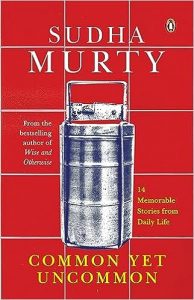







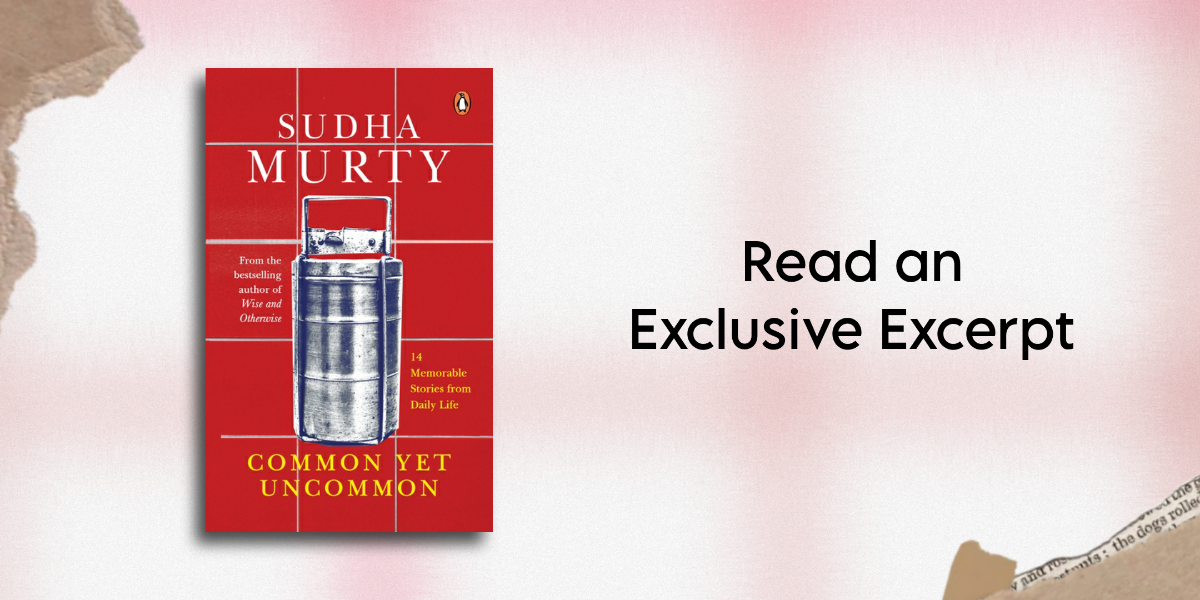
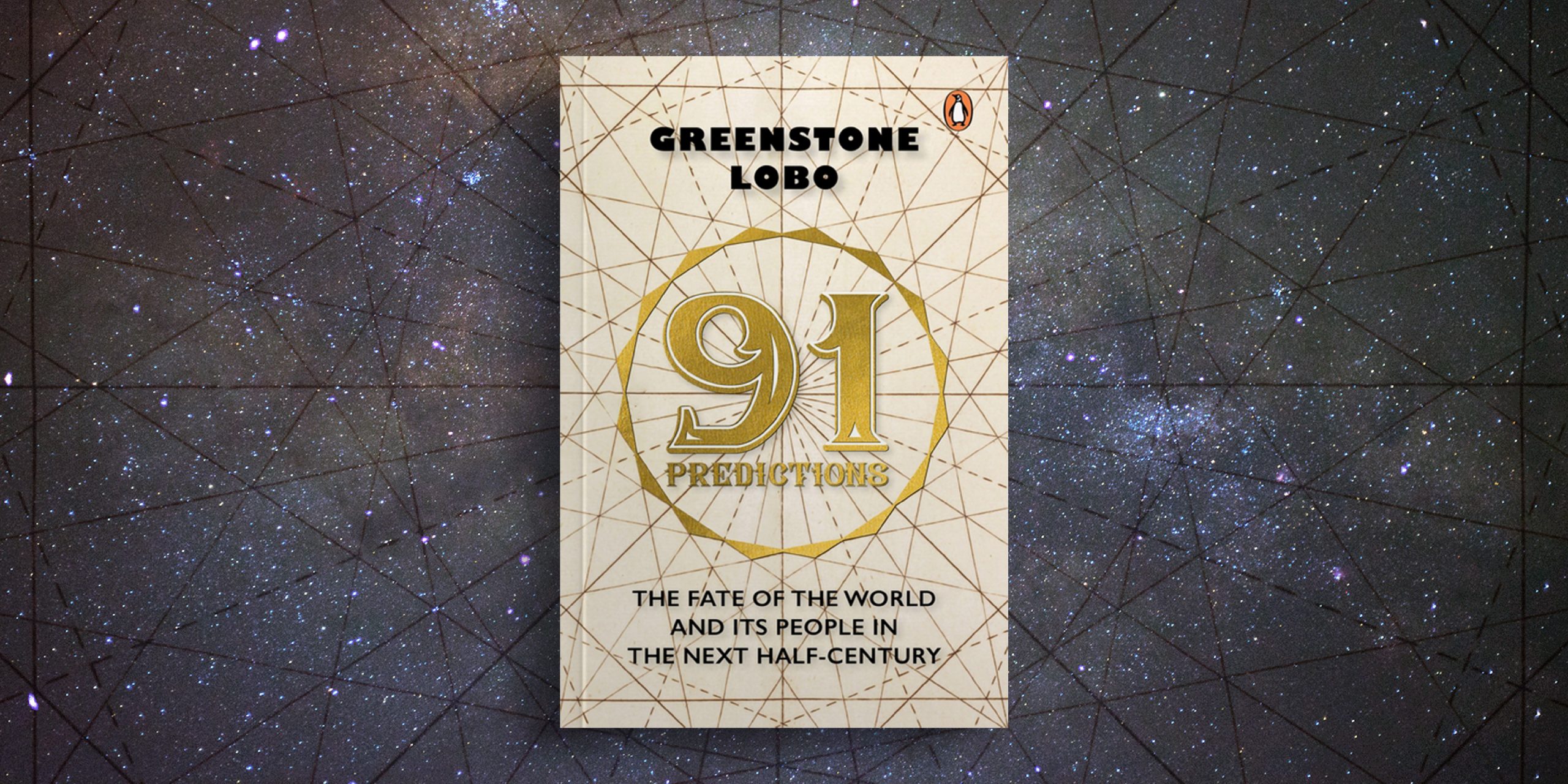



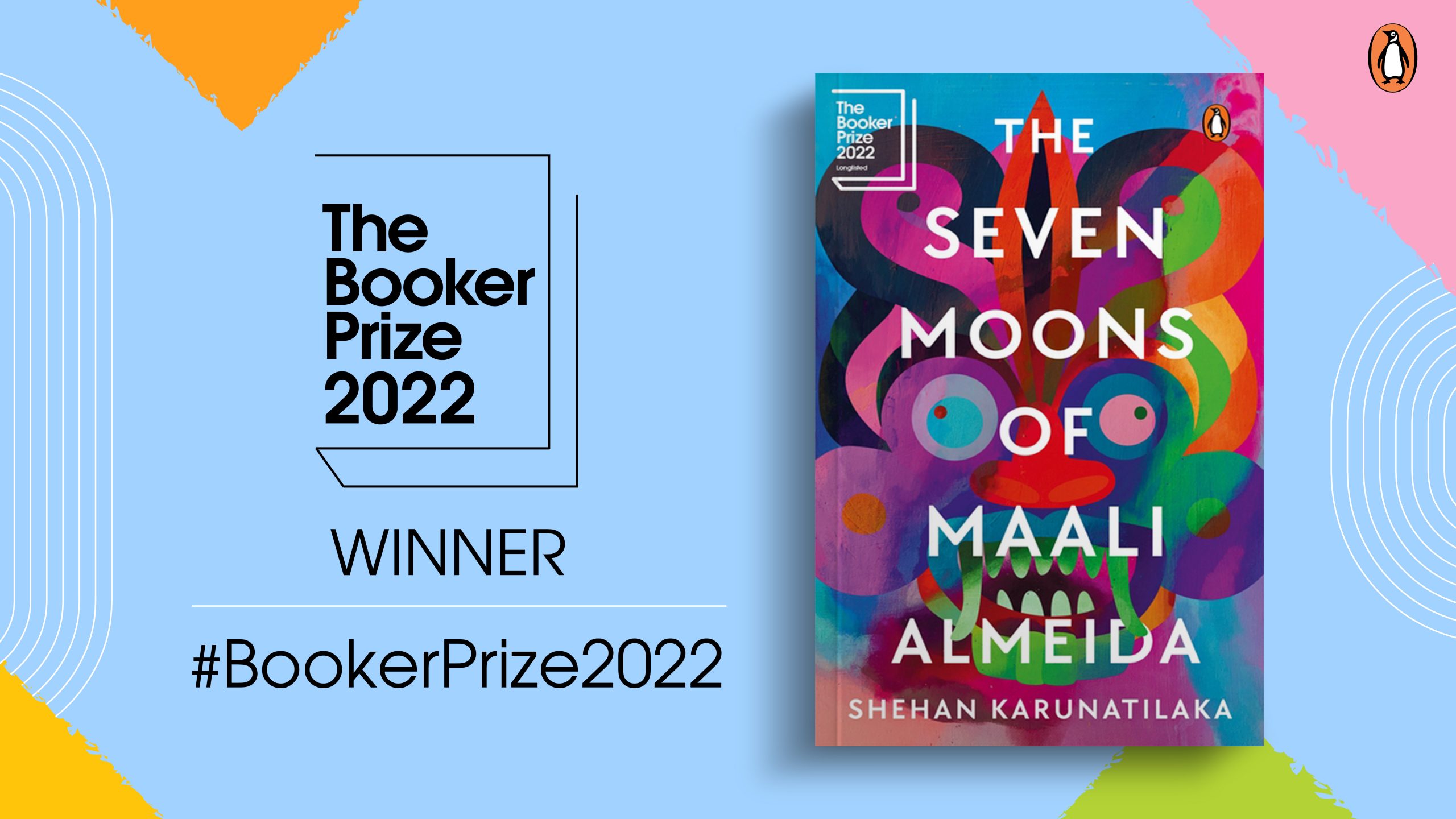
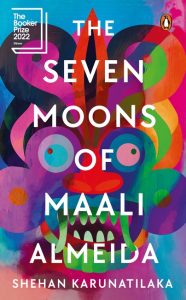





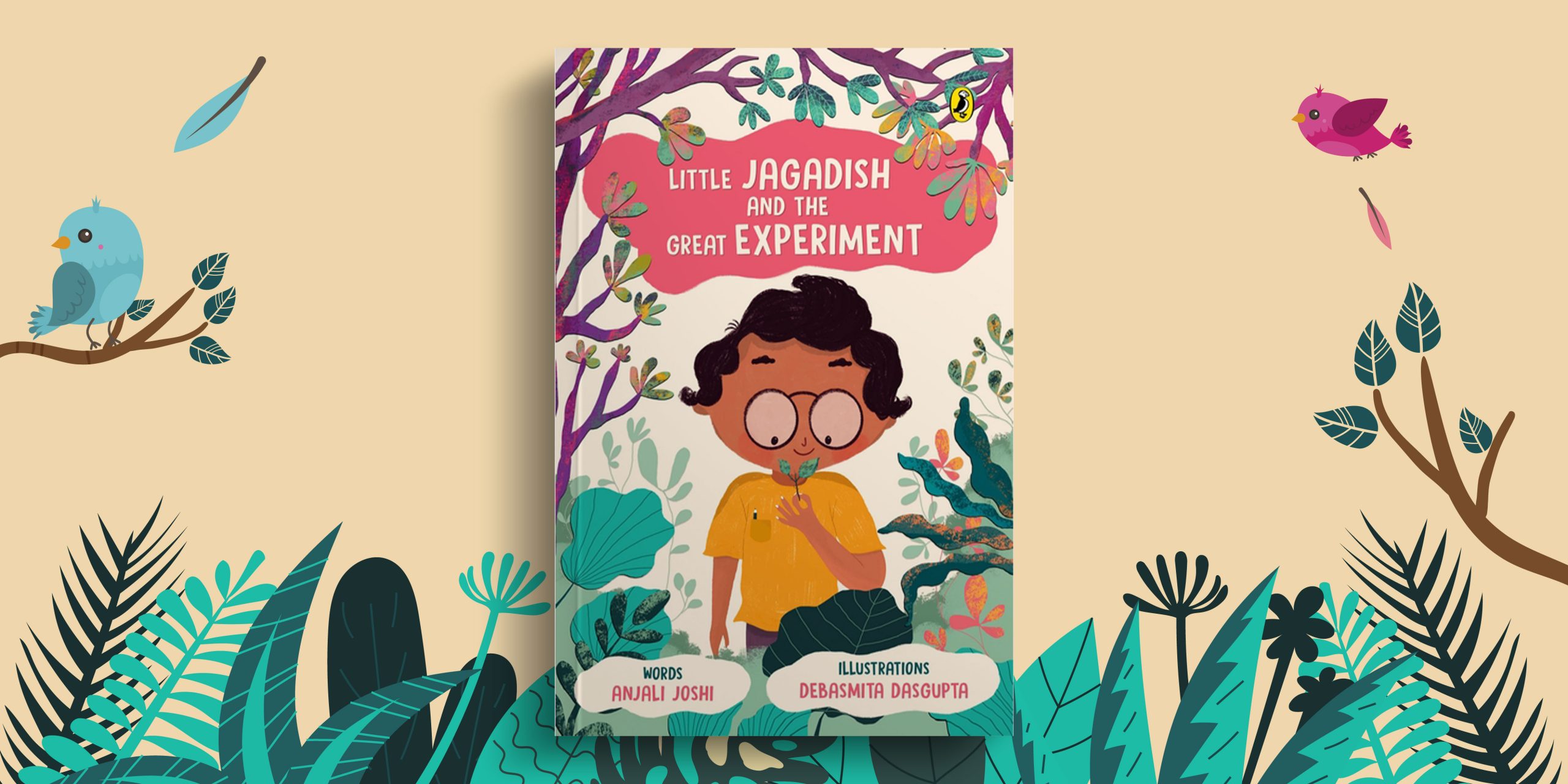
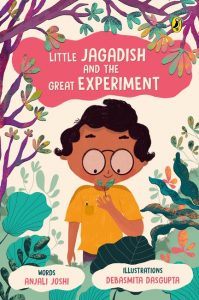
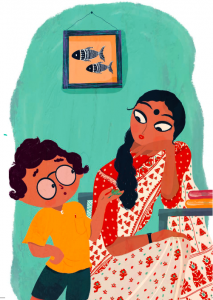
 With that,
With that,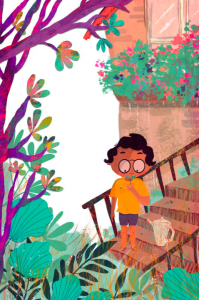


 But along with the third or fourth flop of the returned manuscript came a letter from the editor at André Deutsch Ltd, a new publisher who was making a name and a reputation with some offbeat publications. The editor who wrote to me was called Diana Athill, and she wrote a very sympathetic letter, saying how much she liked the book and promising to reconsider it if I would consider turning it into a work of fiction, a full-fledged novel.
But along with the third or fourth flop of the returned manuscript came a letter from the editor at André Deutsch Ltd, a new publisher who was making a name and a reputation with some offbeat publications. The editor who wrote to me was called Diana Athill, and she wrote a very sympathetic letter, saying how much she liked the book and promising to reconsider it if I would consider turning it into a work of fiction, a full-fledged novel. were allies; they were a part of me, and they would be a part of my work. But it was to be a few months before I could launch out on my own, and during that time, I worked on the novel, pleased my employers and got on with my relatives as best as I could. My aunt never bothered me; in fact, she rather liked having me around. The youngest of my cousins was a friendly little chap; the other two rather resented me. Whenever I had the opportunity, I went to the cinema, and one of the films released at the time was Jean Renoir’s The River, based on the novel by Rumer Godden. This beautiful film made me so homesick that I went to see it several times, wallowing in the atmosphere of an India, a lot like the India l had known. The ‘river’, and its eternal flow became a part of my story too, especially the part where Kishen and Rusty cross the Ganga on the way back to their homes. And back in India, a young filmmaker called Satyajit Ray saw The River and realised that a film could also be a poem, and went about making his own cinematic poetry.
were allies; they were a part of me, and they would be a part of my work. But it was to be a few months before I could launch out on my own, and during that time, I worked on the novel, pleased my employers and got on with my relatives as best as I could. My aunt never bothered me; in fact, she rather liked having me around. The youngest of my cousins was a friendly little chap; the other two rather resented me. Whenever I had the opportunity, I went to the cinema, and one of the films released at the time was Jean Renoir’s The River, based on the novel by Rumer Godden. This beautiful film made me so homesick that I went to see it several times, wallowing in the atmosphere of an India, a lot like the India l had known. The ‘river’, and its eternal flow became a part of my story too, especially the part where Kishen and Rusty cross the Ganga on the way back to their homes. And back in India, a young filmmaker called Satyajit Ray saw The River and realised that a film could also be a poem, and went about making his own cinematic poetry.